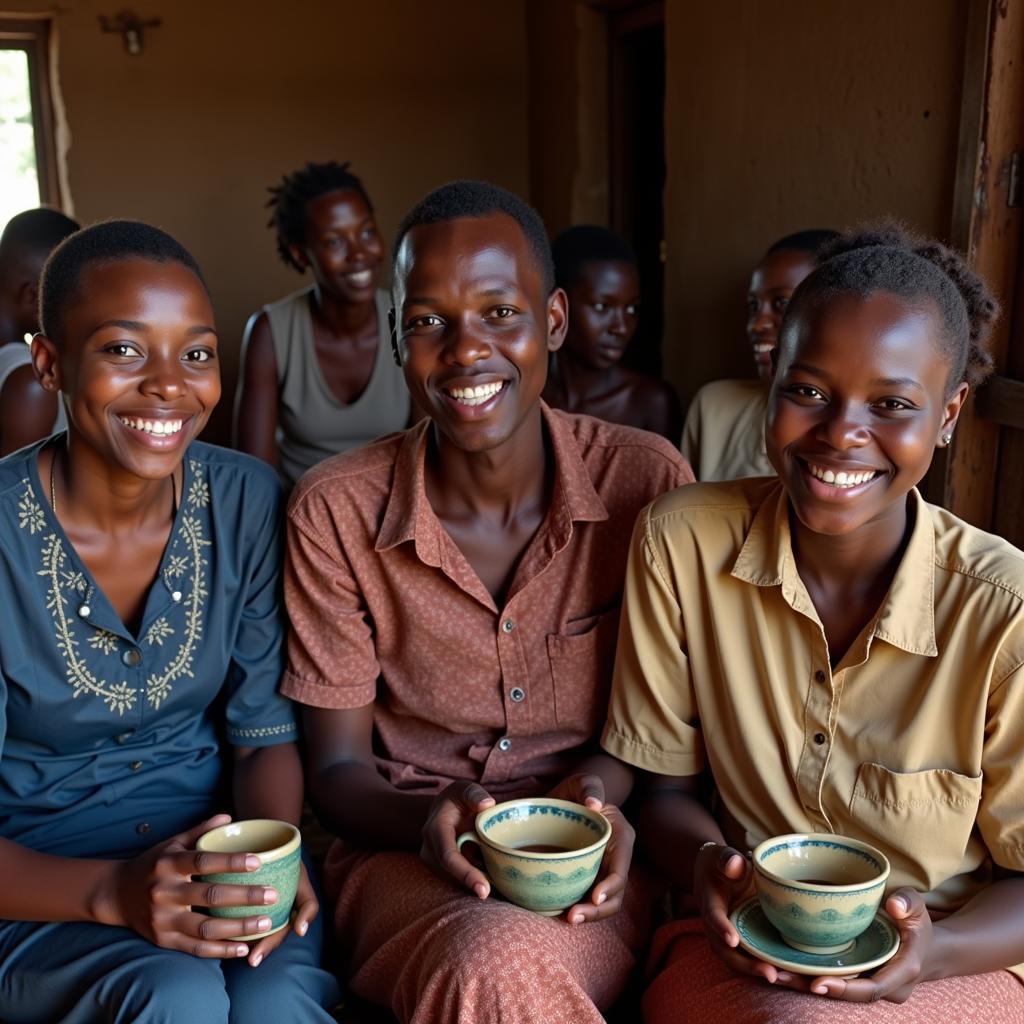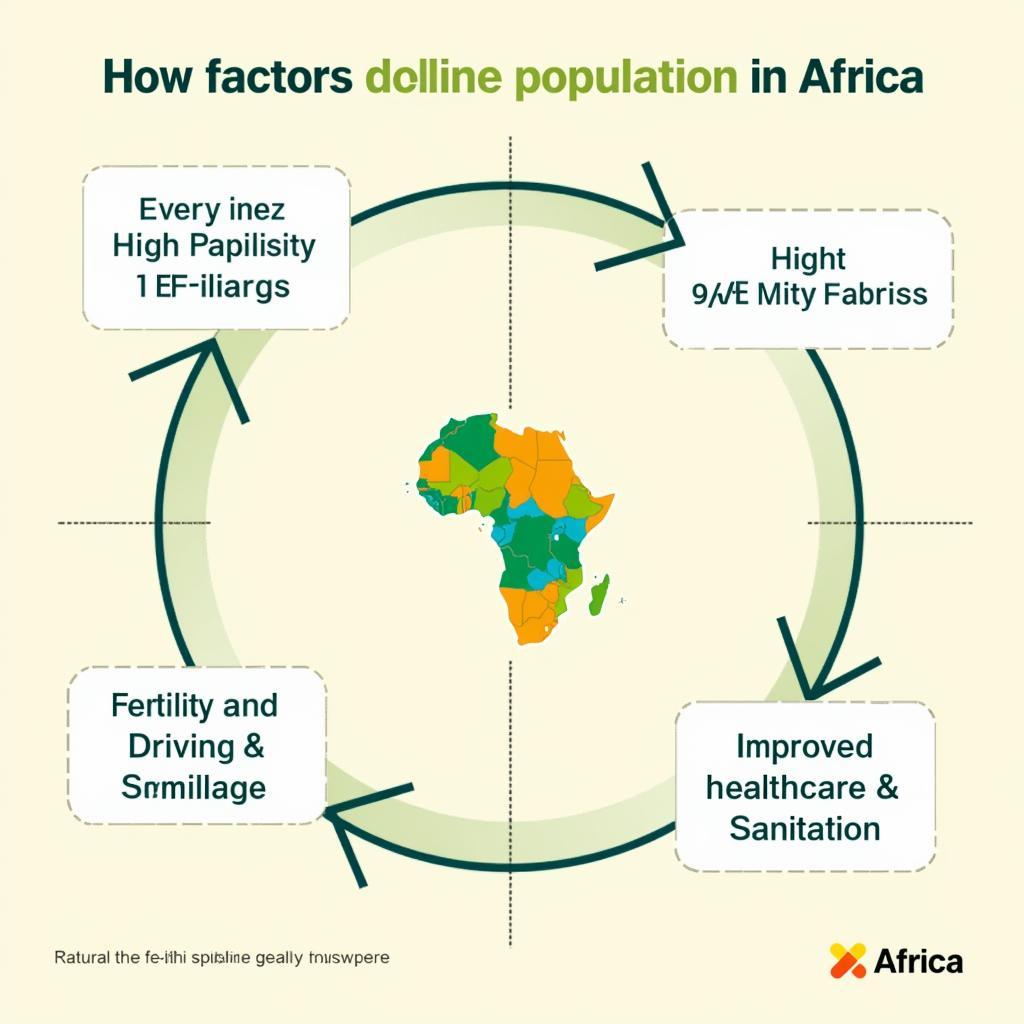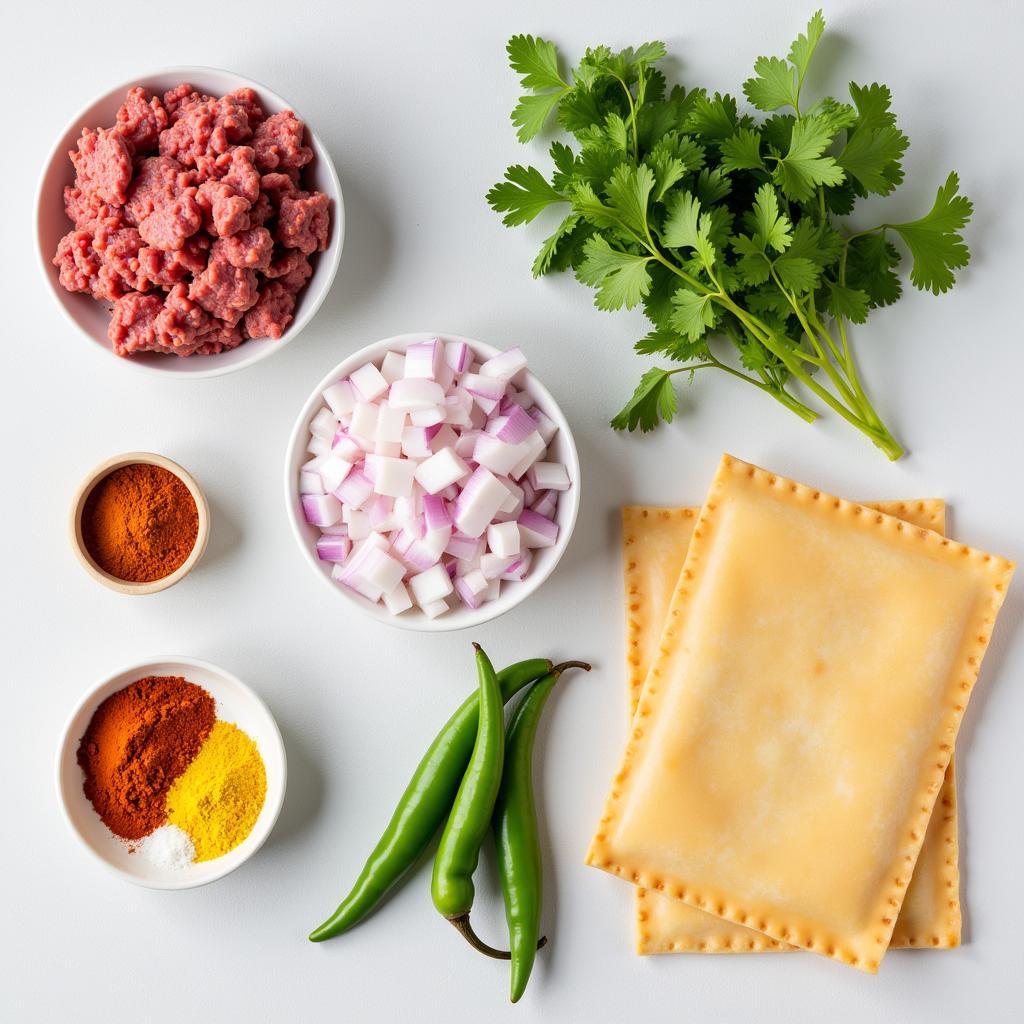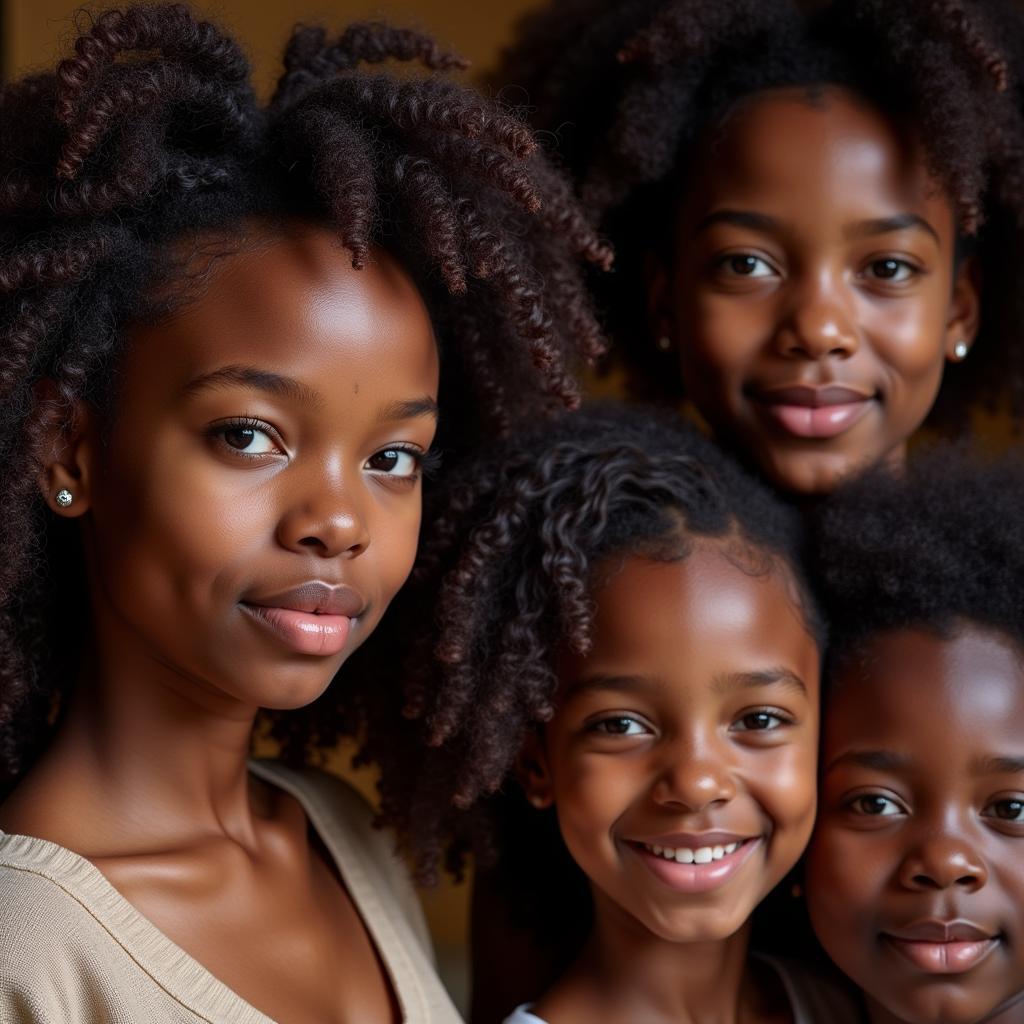Discover the Magic of African Dawa: A Drink Steeped in Tradition
African Dawa is a vibrant and flavorful herbal drink deeply rooted in East African culture, particularly in countries like Kenya and Tanzania. More than just a beverage, dawa represents a holistic approach to health and well-being, embodying the warmth of African hospitality and the wisdom of traditional medicine. In this exploration of dawa, we’ll uncover its history, preparation methods, purported health benefits, and its significance within the tapestry of African Life.
Unpacking the History and Meaning of “Dawa”
The word “dawa” itself is Swahili for “medicine,” hinting at the drink’s traditional role in promoting wellness. While its exact origins remain elusive, dawa has long been enjoyed across East Africa, often prepared with locally sourced ingredients like ginger, lemon, and honey. Over time, variations have emerged, reflecting the diverse culinary traditions of the region.
The Essential Ingredients: A Symphony of Flavors and Benefits
A typical dawa recipe is a harmonious blend of just a few key ingredients:
- Ginger: Known for its anti-inflammatory properties, ginger is believed to aid digestion, soothe nausea, and boost the immune system.
- Lemon: Packed with Vitamin C, lemon acts as a natural source of antioxidants and is thought to combat colds and flu symptoms.
- Honey: Celebrated for its antibacterial and soothing qualities, honey adds sweetness and depth of flavor while potentially easing sore throats.
Crafting the Perfect Dawa: A Step-by-Step Guide
Making dawa is a simple yet rewarding process. Here’s a traditional recipe:
- Prepare the ginger: Peel and grate a thumb-sized piece of fresh ginger.
- Extract the citrus: Squeeze the juice of one whole lemon or lime.
- Combine and infuse: Add the ginger and lemon juice to a mug or heatproof glass.
- Introduce the honey: Stir in one to two tablespoons of honey, adjusting to your preferred sweetness.
- Pour in hot water: Fill the mug with boiling water, allowing the flavors to meld.
- Optional additions: Some variations include adding cloves, cinnamon, or even a splash of brandy for an extra layer of warmth.
Beyond a Drink: The Cultural Significance of Dawa
 Sharing Dawa in a Kenyan Home
Sharing Dawa in a Kenyan Home
Dawa is more than just a tasty drink; it’s a symbol of hospitality, often shared with guests as a gesture of warmth and welcome. Its preparation and consumption are often accompanied by storytelling, laughter, and the strengthening of social bonds.
“For many East Africans, dawa evokes memories of family gatherings, shared stories, and a sense of community,” says Amina Hassan, a renowned Tanzanian chef and culinary historian. “It’s a taste of home, a remedy passed down through generations, and a testament to the healing power of nature.”
Dawa in the Modern World: Adaptations and Global Appeal
As awareness of global cuisines expands, dawa has transcended its geographic origins, appearing on menus in cafes and restaurants worldwide. Mixologists have embraced the drink’s versatility, experimenting with innovative variations that incorporate local spirits and ingredients.
FAQs: Your Dawa Queries Answered
1. Can I drink dawa cold?
While traditionally served hot, dawa can be enjoyed chilled as a refreshing alternative, especially in warmer weather.
2. Are there any precautions to consider?
Individuals with citrus allergies, ginger sensitivities, or those managing specific health conditions should consult their doctor before consuming dawa.
3. Where can I find authentic dawa outside of East Africa?
Look for restaurants specializing in East African cuisine or cafes that highlight global herbal drinks.
Explore More of African Cuisine and Culture
For further insights into the captivating world of African flavors and traditions, delve into these related articles:
- The Art of Swahili Cuisine: A Journey Through Spices and Flavors
- Traditional Healing Practices of East Africa
- Exploring the Diverse Cultures of the African Continent
We invite you to embark on your own exploration of African dawa, experiencing firsthand its unique blend of flavor, tradition, and well-being.
Need assistance planning your African cultural immersion or seeking further information? Contact us at +255768904061, email kaka.mag@gmail.com, or visit us in Mbarali DC Mawindi, Kangaga, Tanzania. Our dedicated team is available 24/7 to assist you.



